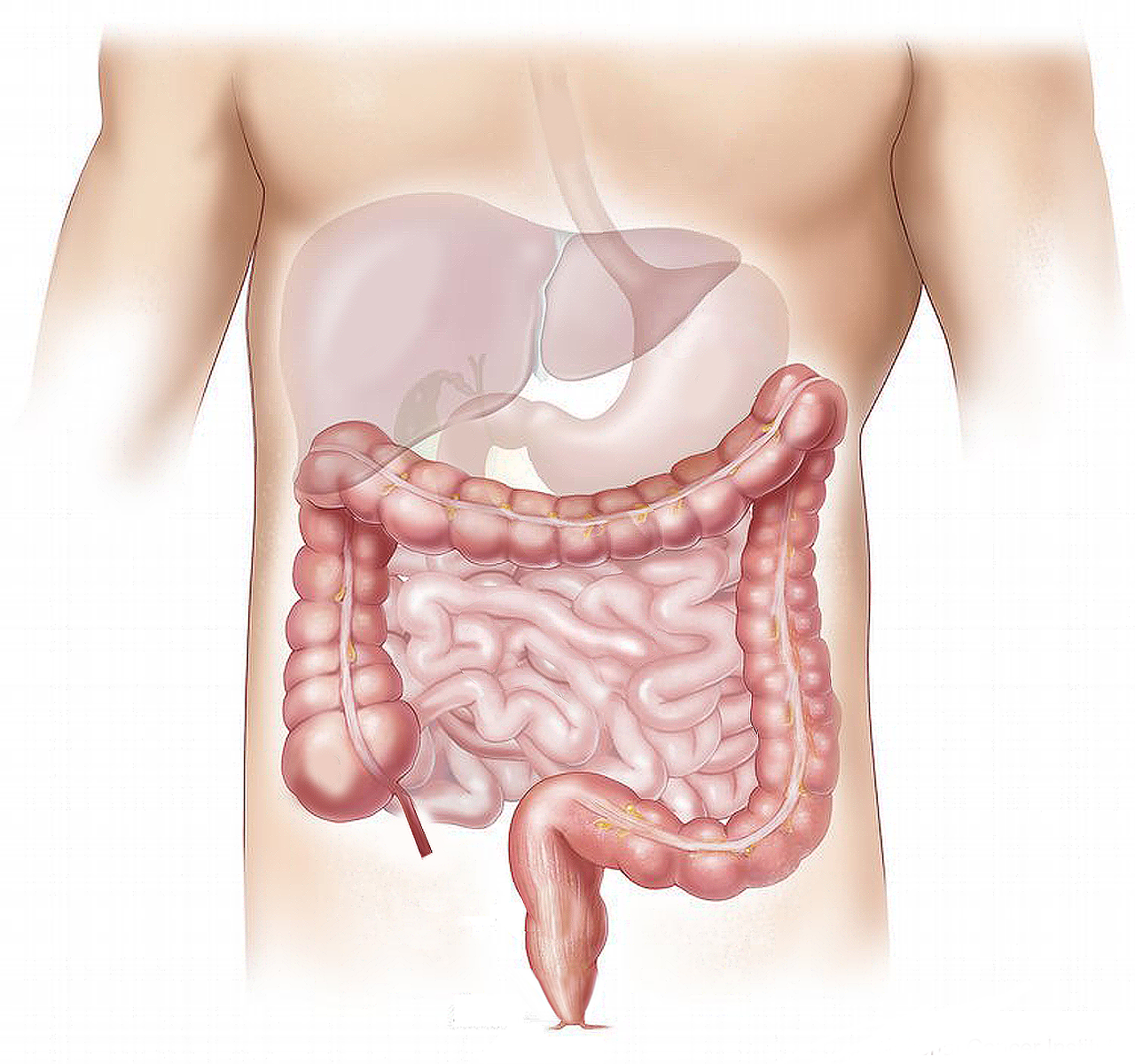Signs That There Is Something Wrong With Your Colon?
When people mention the colon most people instantly think about bowel or colorectal cancer. Although this is not the only issue that can affect your colon it is worth considering, there were over 15,000 people diagnosed with it in 2020. Unfortunately, in a third of cases, it is likely to result in death.
That’s why it is essential to know when something is wrong with your colon and get it checked out. In many cases, diseases that are caught early are much more likely to be treated and recovery is possible. Of course, it is possible that you’ll need the services of a reputable and knowledgeable colorectal surgeon. They can help you understand the issues you’re facing and the best course of treatment.
Understanding the Colon
The colon is often referred to as the large bowel or large intestine, it’s an important part of your digestive tract. To understand its role you need to understand the digestive tract.
When you eat, food moves into your stomach. Naturally, you’ve chewed it into small pieces first to make this possible. The stomach is full of acid that breaks the food down into smaller pieces before letting it pass to the small bowel. This is where vitamins and nutrients are absorbed while the food is broken into even smaller pieces.
The remaining contents are transferred to the colon. At this stage, it is mainly liquid. Water is absorbed through the walls of the colon, ensuring any remaining nutrients are taken. It’s then passed into the rectum for storage until you’re ready to pass your stools.
When it is working properly you will barely notice your colon or the process of food through your body. You have no real control over what your body does. However, when there is a problem you will become more aware of them.
Here are the most common signs that you have a colon issue. Remember, there are plenty of infections that can cause issues for a day or two and are not a cause for concern. But, if the condition continues for more than five days you should seek medical advice.
Irregular Bowel Movements
Everyone is different, some people pass stools three times a day, others three times a week. Any less than three times a week is a concern. But, the most important thing is to know your own routine. You should be concerned if it changes.
For example, if you experience a bowel movement every day and then suddenly it changes to three times a week, you may have a problem that needs looking at. This is especially true if you’ll find it difficult to pass stools.
A Struggle To Empty Your Bowels
If you go to the toilet but are struggling to pass stools or you don’t feel like you’ve emptied your rectum, then you are probably constipated. This may be because you’ve postponed going to the toilet. The longer stools stay in the rectum the drier and harder they get.
Watery Stools
Watery stools are a sign of diarrhoea. There are many different causes for this from infection to diseases such as a gluten allergy. You’ll need to take some medication and see if it improves or seek medical assistance.
Abdominal Pain
Abdominal pain, that’s pain in the lower left of the abdomen is potentially a sign of an issue. You should be extra cautious if this is accompanied by a mild fever and nausea, it suggests a diverticular disease.
Embarrassing leaks
Leaks are known as incontinence and can be highly embarrassing. They are generally linked to a weakness of the pelvic muscles and you can resolve the issue with the right exercises.
Blood In Stools
It’s always a good idea to inspect your stools. If they are a dramatically different colour to normal or appear to have blood in them, you should be concerned.
It’s worth noting that bright red blood means a fresh bleed. This could indicate an issue near the anus, such as piles and is generally less concerning. Dark red blood can be visible in the stools or even cause them to go black. This is a sign of problems further up the colon and could be more serious.
In either case, you should seek medical help.
Weight Loss & Tiredness
If you’re feeling tired all the time and are losing weight without trying then your body is likely to be struggling to absorb the nutrients it needs. This suggests a colon issue that needs to be investigated further.
It can be embarrassing to visit a doctor to discuss colon issues but they are accustomed to dealing with this, it’s better to find out what is wrong sooner rather than later.

